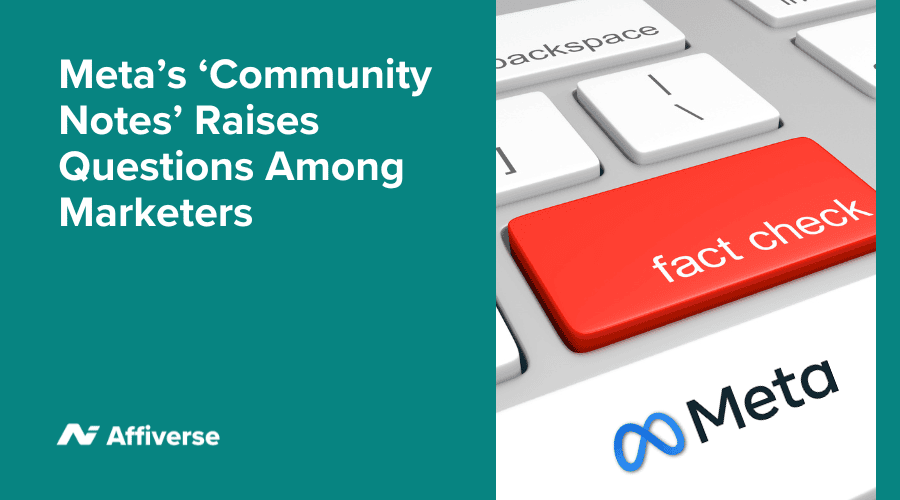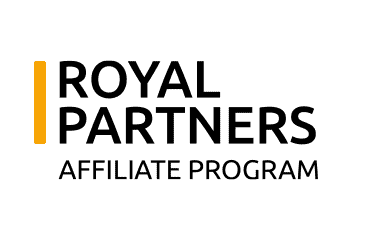Meta, the parent company of Facebook and Instagram, is preparing to launch a new feature called “Community Notes,” aimed at improving content accountability on its platforms.
The tool will allow users to add crowdsourced annotations to posts they deem misleading or lacking context. While Meta has framed this initiative as a step toward greater transparency, marketers have raised concerns about how it might impact their content strategies—particularly since the feature will not apply to paid advertisements.
The decision to exclude paid ads from Community Notes has left brands and marketers wondering how this will affect the visibility and credibility of their organic and influencer content. As this new feature rolls out, it’s essential to understand what it means for the digital marketing landscape.
What Are Community Notes?
Community Notes, originally piloted on X (formerly Twitter), is designed to empower users to hold content accountable by providing additional context or counterpoints directly within posts. On Meta’s platforms, users will be able to submit annotations to organic posts, aiming to enhance the quality of discourse and combat misinformation.
However, Meta’s announcement that paid advertisements will be excluded from the programme has raised eyebrows. This means that while organic posts may face public scrutiny through Community Notes, sponsored content will remain untouched, leaving some to question the fairness and effectiveness of the feature.
Why Exclude Paid Ads?
Meta’s decision not to apply Community Notes to paid advertisements likely stems from the complexities of monitoring and moderating sponsored content. Advertisements on Meta platforms are already subject to rigorous review processes to ensure compliance with advertising policies. By excluding paid ads from Community Notes, Meta appears to be drawing a clear distinction between its organic and paid ecosystems.
Yet this choice could lead to unintended consequences:
1. Perceived Double Standards
Organic content from brands and influencers could face scrutiny and public commentary, while paid ads remain exempt. This creates a potential imbalance where organic content might be seen as less trustworthy than sponsored posts.
2. Limited Transparency
Consumers might question why paid content is shielded from user-generated annotations, potentially eroding trust in advertisements on the platform.
3. Missed Opportunities for Advertisers
Community Notes could have been a valuable tool for brands to engage with users, address misconceptions, and provide additional context for their ads. By excluding paid ads, Meta denies advertisers this opportunity.
Implications for Organic and Influencer Content
While paid ads are exempt, organic content—including influencer posts—will be subject to Community Notes. This raises several challenges for marketers:
- Increased Scrutiny for Influencers: Influencers, who often create promotional content in partnership with brands, may find their posts annotated with additional user-provided context. This could affect how audiences perceive their recommendations and, by extension, the brands they endorse.
- Impact on Content Credibility: Brands that rely heavily on organic content strategies may face the challenge of maintaining credibility if posts are flagged or annotated. Ensuring accuracy and transparency in messaging will be more critical than ever.
- Shifting Focus to Paid Ads: Some brands may opt to shift their budgets towards paid advertisements to avoid the scrutiny that comes with Community Notes, potentially altering the balance between organic and paid content strategies.
How Marketers Can Prepare
To navigate the introduction of Community Notes effectively, marketers need to adapt their strategies and ensure their content remains engaging, transparent, and credible.
1. Double-Check Content Accuracy
Ensure that all organic and influencer posts are factually accurate and free from ambiguity. Avoid exaggerated claims or statements that could invite criticism.
2. Foster Positive Engagement
Engage with users who leave Community Notes on your content. Responding constructively can help build trust and demonstrate accountability.
3. Strengthen Influencer Partnerships
Work closely with influencers to ensure their messaging aligns with your brand values and adheres to platform policies. Provide them with clear guidelines to minimise the risk of annotations undermining their content.
4. Monitor User Feedback
Use Community Notes as a source of valuable feedback. Annotations can provide insights into audience concerns and help refine future campaigns.
5. Reassess Content Mix
Evaluate the balance between organic and paid content in your strategy. While organic content remains essential for community building, paid ads may offer a safer route for promoting key messages in light of Community Notes.
The Bigger Picture
Meta’s Community Notes initiative reflects the platform’s broader efforts to address misinformation and enhance content accountability. For marketers, it’s both a challenge and an opportunity. While the added scrutiny of organic content may require more diligence and transparency, it also provides a chance to demonstrate authenticity and engage meaningfully with audiences.
However, the exclusion of paid ads from the programme highlights a potential blind spot in Meta’s approach. By leaving sponsored content outside the scope of Community Notes, Meta risks creating a perception of inconsistency, which could impact consumer trust in advertising.
Final thoughts
The rollout of Community Notes marks a new chapter in how content is managed and perceived on Meta platforms. For marketers, the feature presents a double-edged sword: while it may increase accountability and audience engagement, it also demands greater vigilance and adaptability.
Brands that prioritise transparency, accuracy, and engagement will be best positioned to thrive in this evolving landscape. As Meta continues to refine the programme, marketers must remain agile and proactive, ready to embrace both the challenges and opportunities that Community Notes will bring.



















